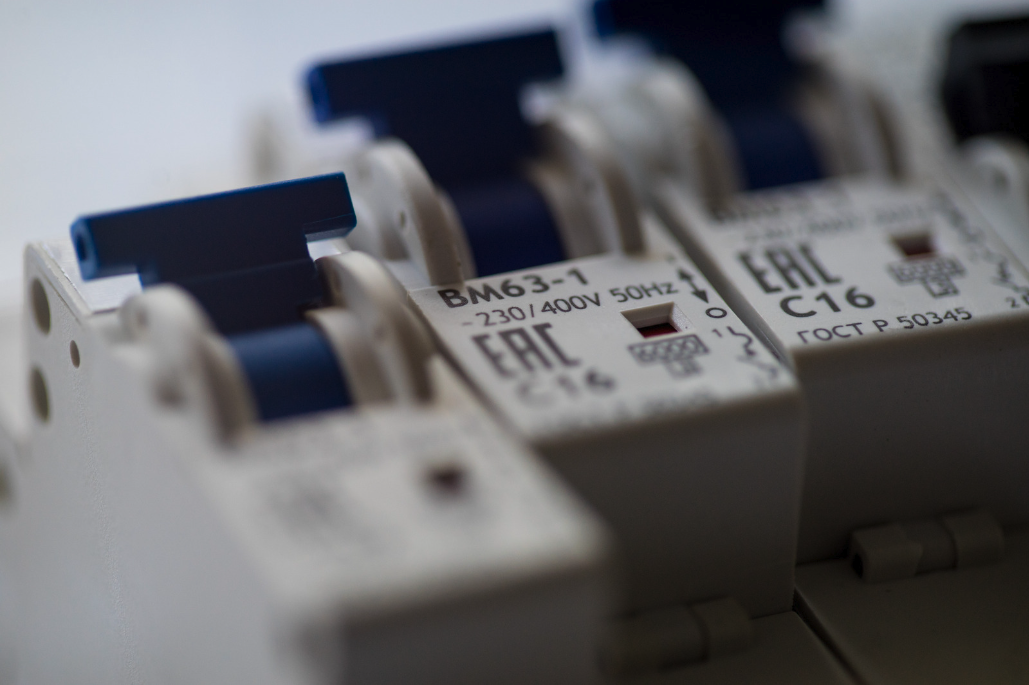Miniature Circuit Breakers - What are MCBs and how do they work?
by Quotebeam Team
Dec 21, 2023

Miniature Circuit Breakers (MCB) have quietly taken the spotlight in the automation industry, becoming the unsung heroes safeguarding our machinery and processes. In this blog post, let's delve into the world of Miniature Circuit Breakers, and understand their crucial role in automation. Buckle up for a journey into the heart of precision power protection!
What is an MCB?
Ever wondered what stands between your cutting-edge automation systems and a potential electrical disaster? Enter the Miniature Circuit Breaker. 🛡️ An MCB is a compact and indispensable component of electrical distribution systems in automation, acting as the first line of defense against overloads and short circuits that could disrupt the delicate dance of automated processes.
Types of an MCB
In the world of automation, precision is key. Selecting the right MCB is like choosing a precise tool for a delicate operation. It's about matching the MCB's features with your automation needs. Let's explore each type and see how they contribute to a seamless automation ecosystem. ⚙️🔍
Type B MCBs
Meet Type B MCBs, the silent guardians of your everyday automation needs. 🦸♂️ These circuit breakers are tailored for handling moderate overloads, making them ideal for circuits powering PLCs, sensors, and other standard automation components.
Type C MCBs
Next up, Type C MCBs, the swift responders in the world of automation. 🚀 Designed to handle higher inrush currents, they seamlessly protect circuits with motors, solenoids, and other devices prone to sudden surges.
Type D MCBs
Enter the heavyweights – Type D MCBs. 💪 These are the fortresses of circuits in industrial automation dealing with extremely high inrush currents. From heavy machinery to critical automation processes, Type D MCBs stand guard against potential disruptions.
How Does a Miniature Circuit Breaker Work?
Now, let's unravel the magic behind the MCBs in the automation realm. 🪄 Picture this: Your automated assembly line is in full swing, and suddenly there's a surge. What happens? Just like a meticulous conductor, the MCB orchestrates the flow of electricity, detecting and mitigating overloads and short circuits, ensuring your automation processes stay in harmony.
Advantages of Miniature Circuit Breakers in Automation:
- Precision Protection: MCBs ensure that your sensitive automation equipment is shielded from electrical anomalies, maintaining precision in every operation.
- Downtime Defense: With swift reaction times, MCBs minimize downtime by preventing prolonged exposure to overcurrents, keeping your automated processes running smoothly.
- Adaptability: Different types of MCBs cater to the diverse needs of automation, offering a versatile solution for various applications.
- Efficient Reset: MCBs can be easily reset, ensuring that your automation systems get back on track with minimal disruption.
So, the next time your automation systems hum with efficiency, remember that the quiet heroes, the MCBs, are working tirelessly behind the scenes to ensure the show goes on without a glitch. 🌐⚙️
